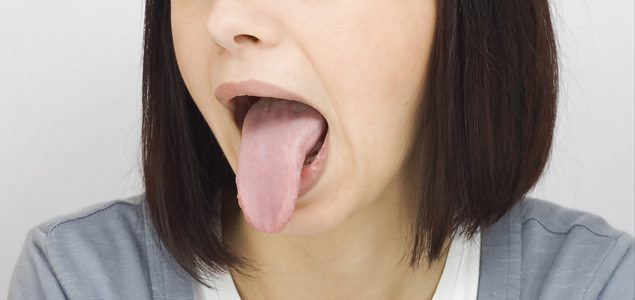Left with a bad taste? You could have ‘pine mouth’
When I saw this message pop into my email, I thought for sure that it was some sort of spam or a virus just waiting to be unleashed onto my computer when opened.
Upon closer inspection I saw that the sender was in fact my younger sister who was quite panicked that she could be suffering from this mysterious ailment.
She described waking up with a ‘really bad taste’ in her mouth, one that ‘does not go away’ no matter what she tries to eat. So she did what any new-age woman would do and began frantically scouring the web for an answer to her symptoms.
While I’m not one to endorse Dr Google. as your go-to-physician, I quickly jumped online to visit the links to the articles that had accompanied her worried email.
Sure enough all roads led to ‘pine mouth’!
I discovered that my sister was one of many temporary sufferers from around the world who are increasingly reporting the phenomenon.
Caused by pine nuts, victims experience a bitter metallic taste in their mouth – metallogeusia – which can begin one to three days after eating pine nuts. Symptoms experienced can persist for up to two weeks before resolving.
Reading all of this, it occurred to my sister that the culprit must have been a delicious roasted-pumpkin, pine nut salad we had all enjoyed at a family dinner a few days ago. But she wasn’t the only one who had tuck in, had we not experienced the same sensation? she wondered.
I wondered the same thing too, especially when I started to think of how often we consume those crunchy delectable seeds during the week. Thanks to my father’s green thumb, an abundance of home-grown basil means there’s always a jar of pesto, or three of four, lying around – so much so that it’s not unusual for us to spread it lavishly over our morning toast.
So having consumed them in abundance before, why would someone experience such an unusual reaction?
Over the past few years the United States Food and Drug Administration (FDA) has received more than 400 hundred complaints of ‘taste disturbances’ from eating pine nuts. Meanwhile, in France, thousands of cases of ‘pine mouth’ have been reported to poison centers in an around the country over the same period.
But eating pine nuts is not new, they have been consumed in cuisine from across the world since Paleolithic times – thanks to being rich in calories, fiber, vitamins and minerals.
According to some, a culinary resurgence is to blame. Over the last few years as we learn more and more about health and food, expanding our culinary repertoire and tastes, pine nuts are being devoured unlike ever before.
The downside? The more pine nuts you eat the greater you’re chances of consuming a bad nut. Here are three reasons why we may be at risk:
- China represents the major source of pine nuts found in supermarkets in this part of the world. Take a look into this next time you’re at the shops or if you have some pine nuts in your pantry. These pine nuts are plump and teardrop sized, contrasted by European variety which are longer and resemble a torpedo shape. A demand for the nuts is driving production and could mean nuts of varying quality are being bagged up – indicating a potential quality control problem.
- Another reason could be that during cultivation, the wrong pine cones find their way onto the production line. Not all pine nuts are edible, hence why they are sold at such a premium price for their quantity. Unscrupulous producers could be passing off bad nuts not suitable for human consumption. Two new research papers published last year in the Journal of Toxioology and the Journal of Agricultural Food Chemistry found that victims of ‘pine mouth’ had inadvertently consumed sees of the P. Armandii pine tree – normally only used for building materials and whose seeds are not considered edible.
- Freshness could also be a reason for such a negative effect in pine nut consumers. The nuts are always best eaten fresh as they don’t store well. Once they are exposed to light and air the fats in the nuts become oxidised and can become rancid. We always store our pine nuts in the fridge in a jar or sealed container. They are best kept in a dark, cool, dry container or in the fridge or freezer. You should never consume those old nuts that you may find in the back of your pantry.
It’s safe to say that all in all this news has left a very bad taste in the mouth!
Have you experienced pine mouth? Share your thoughts or stories with us in the comments section below.




